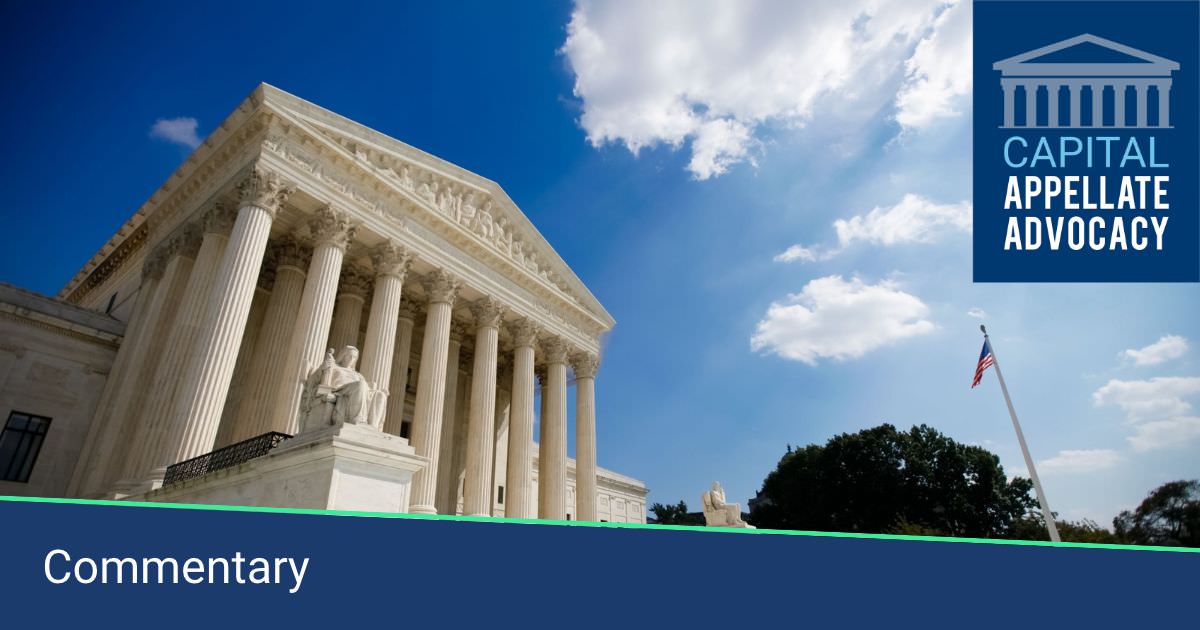The federal Administrative Procedure Act (“APA”), 5 U.S.C. § 704, authorizes companies or individuals to obtain judicial review when they are aggrieved by “final agency action.” This long-standing statutory right to go to court to challenge final actions by federal departments and agencies is sacrosanct among federally regulated industries and companies. In a unanimous decision issued on May 31, the Supreme Court in U.S. Army Corps of Engineers v. Hawkes Co., Inc., No. 15-290, reaffirmed and applied “the ‘pragmatic’ approach [it has] long taken to finality.” Slip op. at 7 (quoting Abbott Lab. v. Gardner, 387 U.S. 136, 149 (1967)).
The case involved an attempt by the Corps of Engineers to block a judicial challenge to a “jurisdictional determination” it had made finding that a Minnesota mining company’s wetlands tract contains “waters of the United States” for purposes of Clean Water Act environmental permitting requirements. As the Court’s opinion explains, the Corps’ permitting process “can be arduous, expensive, and long.” Id. at 4, 9.
The Court rejected the Corps’ arguments that its jurisdictional determination was not “final” enough to obtain judicial review.
First, the Court held that the “approved” (as opposed to “preliminary”) jurisdictional determination at issue was final because it “clearly ‘mark[s] the consummation’ of the Corps’ decisionmaking process” and represents a “definitive decision” that has “legal consequences.” Id. at 5, 6, 7 (quoting Bennett v. Spear, 520 U.S. 154, 178 (1997)).
Second, the Court rejected the Corps’ contention that the jurisdictional determination was not final because the mining company could either (i) forgo seeking a Clean Water Act permit, and thereby risk a civil or criminal enforcement proceeding at which it could argue that a permit was not required, or (ii) apply for a permit, and then seek judicial review if a permit were denied. Id. at 8, 9. In response to the Corps’ contention that its practice of issuing jurisdictional determinations at the beginning of the permitting process is gratuitous, the Court indicated “such a ‘count your blessings’ argument is not an adequate rejoinder to the assertion of a right to judicial review under the APA.” Id. at 10.

